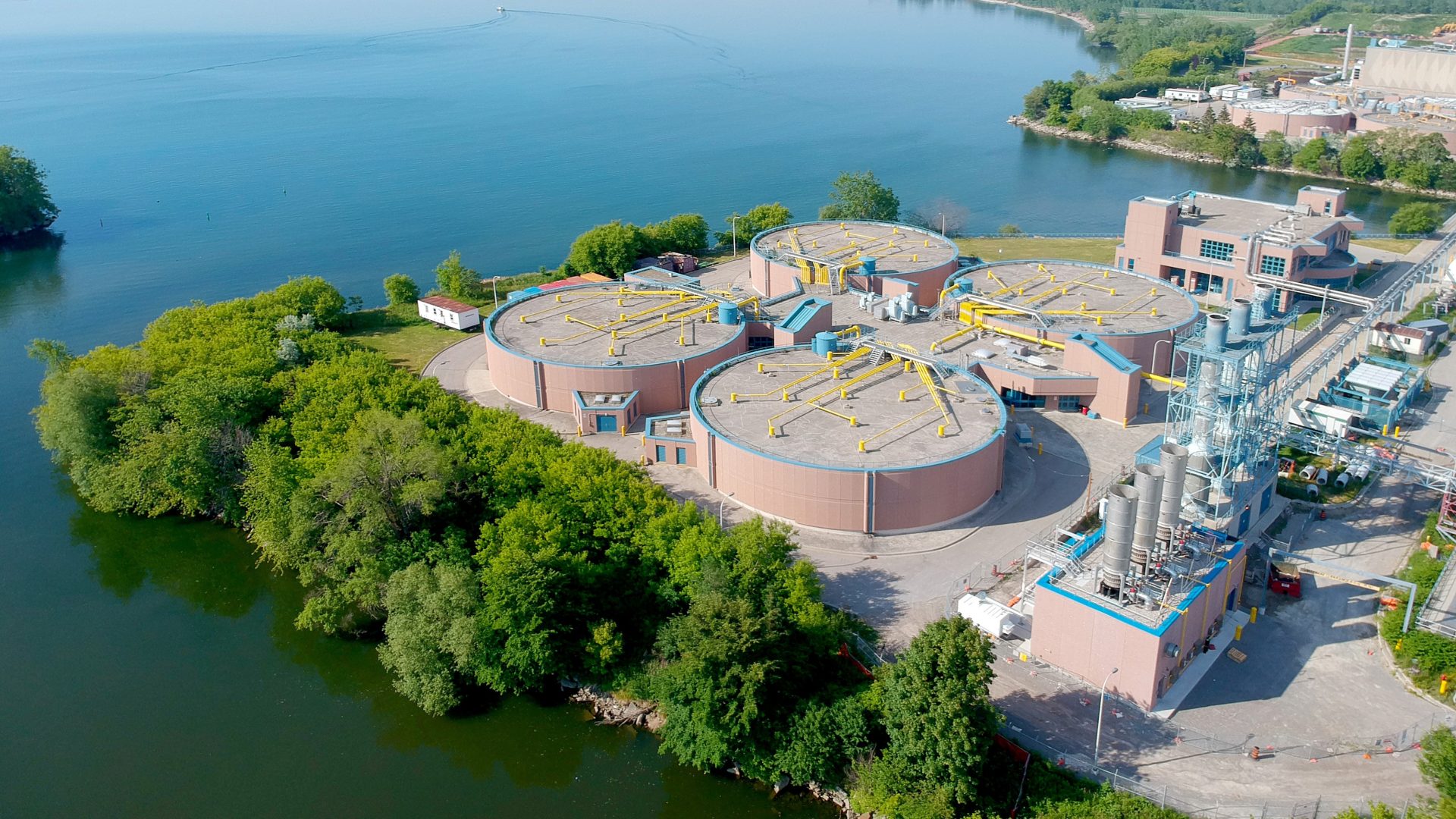Kando, a data intelligence solution provider specializing in wastewater analysis, has announced a new partnership with the Communauté d’Agglomération des Portes de l’Isère (CAPI) in the south-east of France to implement smart wastewater data management in the region and provide vital insights into events taking place in its wastewater network. CAPI’s network encompasses three wastewater treatment plants (WWTPs) and serves over 100,000 inhabitants.
Kando’s wastewater intelligence solution supports municipalities and governmental authorities by enabling them to detect events in the wastewater network, track the source of these events, and communicate their impact to all relevant network stakeholders. CAPI has adopted Kando’s solution in order to effectively generate data-driven insights which can support environmental protection initiatives in the region while ensuring compliance with regulation.
“Kando’s solution has demonstrated its ability to analyze events in full, tracking event details such as content, duration, and frequency,” said Stéphanie Guillermard, Head of Expertise and Studies, CAPI. “This granular analysis, combined with knowledge of our networks, will enable us to go back to the source to investigate events and find the most relevant treatment solutions.”
Kando’s collaboration with CAPI is its first long-term partnership in France and paves the way for further collaboration with France’s water utilities. The company has long-term partnerships with numerous municipalities in the US, Europe, and beyond, with an established track record of generating tangible returns for its partners and customers. Kando’s global expansion serves as a testament to the importance and effectiveness of Kando’s technology and the impact it has been making around the world.
“We are excited to partner with CAPI and assist in its efforts to foster innovation in its wastewater networks,” said Malorie Dreyfus, Regional Sales Director, Kando. “We look forward to witnessing the impact of our partnership, as we protect more and more assets and help water utilities bolster their ability to comply with environment and health regulations.”



